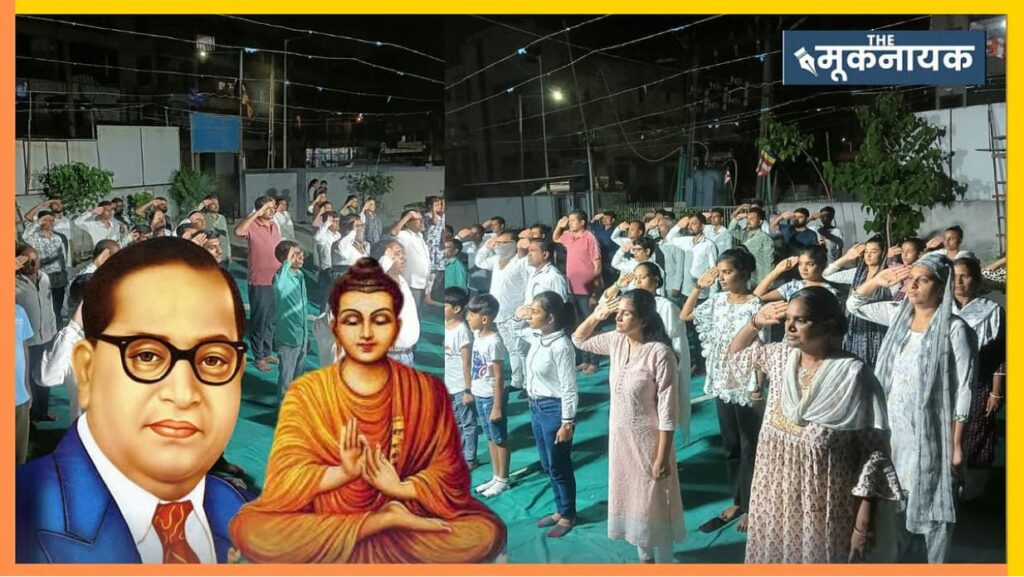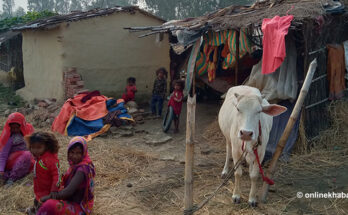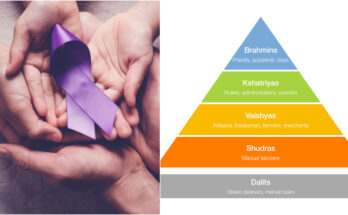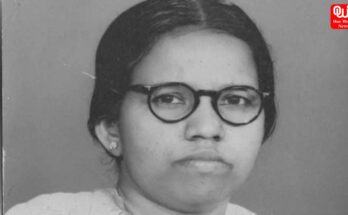
After enduring two years of bureaucratic roadblocks, 80 Dalit families in Surat, Gujarat, have embraced Buddhism in a poignant ceremony held on May 14, at Anand Buddha Vihar, Bombay Colony, Amroli. The families, driven by the vision of equality espoused by Dr. B.R. Ambedkar and the serene teachings of Lord Buddha, overcame persistent administrative delays to secure their right to convert.
The Swayam Sainik Dal (SSD), a grassroots organization championing Dalit rights, played a pivotal role in navigating the systemic hurdles, making this a landmark victory for social justice and self-determination.
A Protracted Battle Against Bureaucracy
The journey began in 2023 when these people submitted applications to formally adopt Buddhism, seeking liberation from the caste-based discrimination embedded in traditional Hindu practices. Under Gujarat’s regulations, conversion applications (Form A) must be verified and approved by the District Collector within one month. However, the process was mired in delays, stretching over two years. SSD members describe the administration’s approach as a deliberate “Delay and Destroy” tactic, designed to discourage applicants.
“For six months, we were tangled in paperwork. Then, the issuance of approval letters was stalled,” said an SSD representative. Across Gujarat, an estimated 40-50 thousand similar applications, filed by SSD and other Bahujan organizations, remain pending. Common excuses include staff shortages, officer transfers, or incomplete documentation, forcing applicants to make repeated visits to government offices. Many, exhausted by the ordeal, fail to complete the final step (Form C), resulting in their applications being quietly archived.
“The system is rigged to frustrate those seeking to embrace Buddhism,” the SSD member added. “It’s not just inefficiency—it’s a strategy to maintain the status quo.” Despite these challenges, the families remained steadfast, supported by SSD’s unwavering advocacy.
The Surat unit of SSD emerged as the backbone of this struggle. Through persistent phone calls, visits, and meticulous follow-ups, they kept the pressure on. As the delays dragged on, SSD escalated their efforts. Last week, they issued a stern ultimatum to the authorities: “Approve the applications, or we protests on the streets.” This bold stance compelled the administration to act, granting approvals to the pending applications.
On May 14, the families gathered at Anand Buddha Vihar for an emotional ceremony. As they chanted the Buddha Vandana and reiterated the 22 vows given by Baba Sahab, the air resonated with a sense of liberation and hope. The event was not just a religious milestone but a powerful rejection of caste oppression, echoing Dr. Ambedkar’s call for social equality.
How Buddhism changed their life
Among those celebrating was Mayurraj Nag, a machine operator in a Surat diamond factory and an SSD member. Mayurraj, who embraced Buddhism in 2019, shared that of the 2023 applications, 110 have now been cleared, including the latest 80. His own journey reflects the transformative power of this path. “Eight years ago, I was lost—smoking, chewing gutkha, ignoring my family,” he said. “Meeting SSD in 2017 and learning about Babasaheb changed me. I quit my habits, started caring for my parents, and found purpose.”
Mayurraj’s wife, Ashmita, whom he married four years ago in a love marriage blessed by their families, also embraced Buddhism. “I explained Buddhist teachings to her during our courtship. She understood, and now our family lives simply and happily,” he said. Mayurraj feels a newfound respect in his community. “People call me ‘bhai’ now, but it’s with respect. They listen when I speak, and that’s because of Buddhism.”
Chandrika Shakya, a 30-year-old schoolteacher and member of SSD’s Jhalkari Brigade, has followed Buddhism for a decade. Despite her newborn keeping her from active outreach, she remains committed to empowering women. “I used to visit Dalit colonies, telling women about Babasaheb’s fight for equality,” she said. “We don’t push Buddhism first—we share his story, and people see it’s the way out of discrimination.” Chandrika’s family has also benefited financially. “We stopped spending on festivals like Holi or Diwali—no sweets, no puja items. That money now goes to our family’s future.”
The administrative delays reflect a broader resistance to religious conversion, particularly to Buddhism, which challenges the caste hierarchy of Hinduism. SSD members allege that the system deliberately obstructs conversions to preserve traditional structures. “Buddhism has no rituals or caste divisions, which threatens the old ways,” an SSD member explained. “The delays are meant to tire people out, but we won’t let that happen.”
SSD’s Broader Mission
Founded in 2006 in Rajkot by 50 Dalit activists, SSD is dedicated to eradicating social inequalities and fostering a humane society. Rejecting hierarchies, every member is a “swayam sainik” (self-soldier). SSD conducts “chintan shivirs” (reflection camps) in rural areas to educate marginalized communities about their rights. Their ambitious goal is to facilitate the return of 20 million indigenous people to Buddhism by 2028, with planned mass conversion events on Ambedkar Jayanti from 2024 to 2028 in cities like Delhi, Kolkata, Bangalore, Bhopal, and Mumbai.
“SSD empowers communities by raising awareness about constitutional rights and exposing the divisive rituals of Hinduism,” a senior member said anonymously. “We encourage people to shape their own futures.” Buddhism, with its rejection of caste and rituals, is seen as a pathway to dismantle discriminatory practices, aligning with SSD’s vision of equality.
Source: Mooknayak



